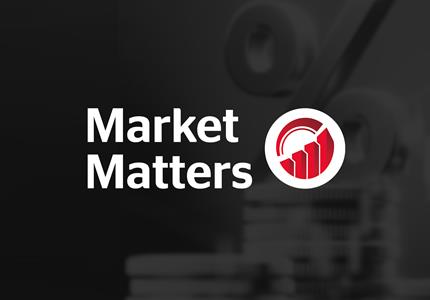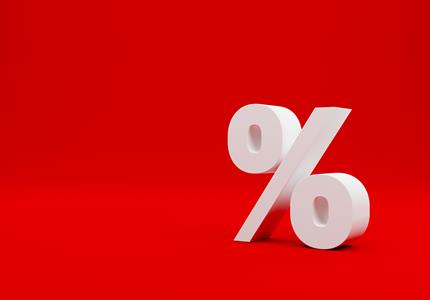

The UK is leading the way in dealing with the economic fallout from coronavirus
Markets have continued to exhibit high levels of volatility over the past week or so as coronavirus spreads outside of China and as companies have increasingly warned that revenues and profits are taking a hit.
The failure of OPEC and Russia to agree on a reduction in the supply of oil in order to offset the fall in demand has also contributed to the nervousness, with the oil price tumbling over 40% in the year-to-date, threatening the solvency of many energy-related companies.
It is still too early to have any conviction about when the virus might be brought under control or when markets will stabilise. However, we are starting to see more of an aggressive policy response from a number of countries, most notably the UK.
The Bank of England responded to the growing demand and supply disruption and fear caused by the virus with a surprise reduction in UK interest rates from 0.75% to 0.25%. Importantly, the BofE also confirmed that it was coordinating its actions with the UK Treasury and deployed a number of measures aimed at helping small and medium size businesses (SMEs) get through the short-term turmoil.
Anticipating an economic shock that could prove large and painful, but should be temporary, the BofE launched a new funding scheme to allow more lending to SMEs, at cheaper rates, without squeezing bank net interest margins. It also softened the capital adequacy rules in order to support up to £190bn of bank lending to businesses.
Later on Wednesday, the UK Chancellor announced a £30bn (1.3% of GDP) fiscal stimulus package in order to support the economy through the short-term disruption. The Chancellor also pledged to spend £600bn (27% of GDP) on a huge infrastructure program over the next five years in order to boost productivity and stimulate growth. In addition, he promised to spend more, if needed, and to do “whatever it takes”.
Similarly, the European Central Bank unveiled a package of monetary measures aimed at supporting key parts of the euro-area economy hurt by the coronavirus outbreak. Whilst leaving interest rates intact, President Lagarde announced a substantial stimulus package including more bond purchases through its Quantitative Easing programme together with cheap funding for banks in order to boost lending.
We have also seen a number of other central banks cutting interest rates over recent weeks and announcing emergency fiscal measures specifically targeted at businesses and individuals most negatively impacted by the virus fallout.
We believe that other policymakers will soon follow the UK’s lead and embark on aggressive monetary and fiscal support for the global economy and financial markets. Such actions are an important step in stabilising economic activity, supporting the worst affected individuals and businesses and restoring confidence.
We remain optimistic that the combination of policy action and an easing of concerns over the virus itself will eventually turn things around. Capital preservation remains at the forefront of our minds at present but we are conscious of the longer-term investment opportunities that are building.
In the meantime, lower rates, the positive side of a falling oil price (increased consumption power and lower business costs), a weaker dollar and more reasonable valuations across most equity markets are also contributing to an improving underlying picture.


